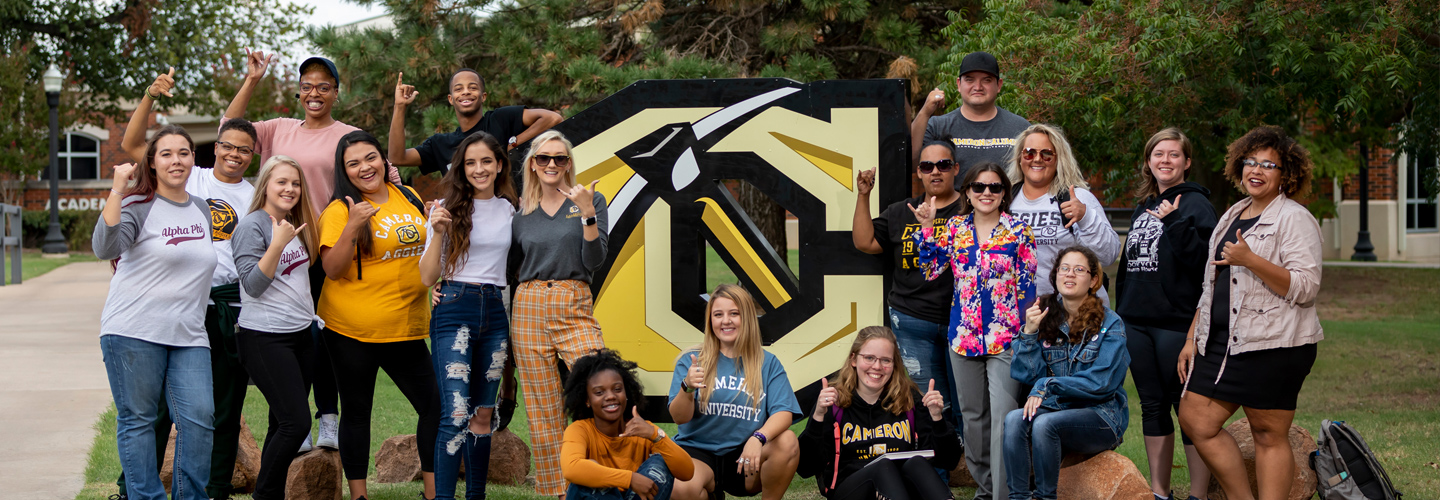Department of Agriculture, Biology and Health Sciences
The Department of Agriculture, Biology, and Health Sciences offers a wide range of baccalaureate and associate degrees in undergraduate programs that prepare students for immediate entry into the workforce, as well as preparation for pursuing the graduate degrees that are required by many careers in advanced professions. The department offers an Associate in Applied Science degree in radiologic technology, an Associate in Applied Science Degree in respiratory care, and an Associate of Science degree in allied health sciences. In addition, the department offers a Bachelor of Science Degree in agriculture and a Bachelor of Science Degree in biology.
BACHELOR OF SCIENCE DEGREE
MAJOR IN BIOLOGY (310)
There are three areas of concentration within the biology program. Cell and molecular biology concentration provides introduction to exciting areas of modern biology and their importance in many facets of biological and biomedical research. This concentration is also recommended for those students interested in attending a professional school upon completion of their bachelors program to become physicians, or those interested in research careers in biomedical sciences. Organismal biology concentration focuses on animal and plant biology. These field-oriented areas are also for individuals interested in wildlife management, ecology, the environment, and related fields. Medical laboratory science concentration prepares students for work in hospital laboratories (clinical chemistry, microbiology, blood banking, immunology, etc.) All areas of concentration prepare students for entry into master and doctoral graduate programs throughout the country.
Biology is also an appropriate major for those interested in allied health areas such as physical therapy, occupational therapy, physician assistant programs, etc. While these programs must be pursued elsewhere, Cameron University can provide the prerequisite course work.

